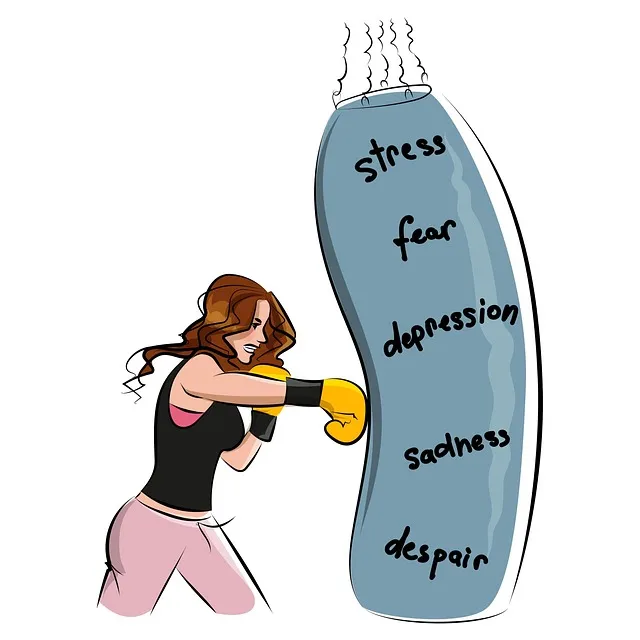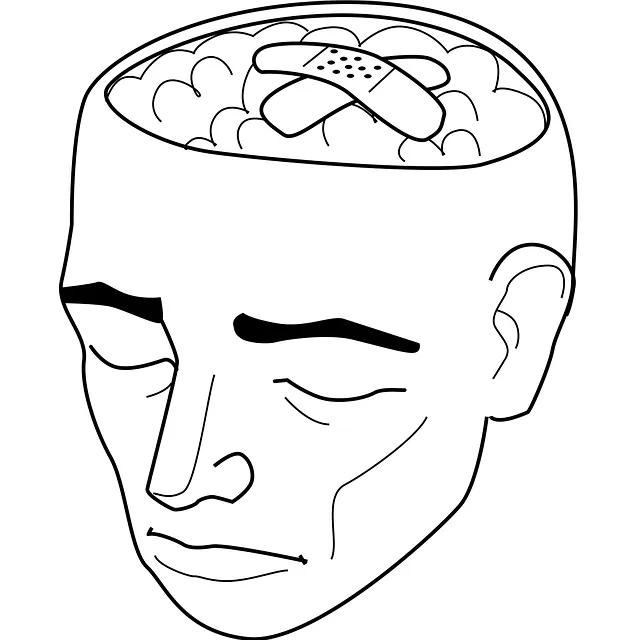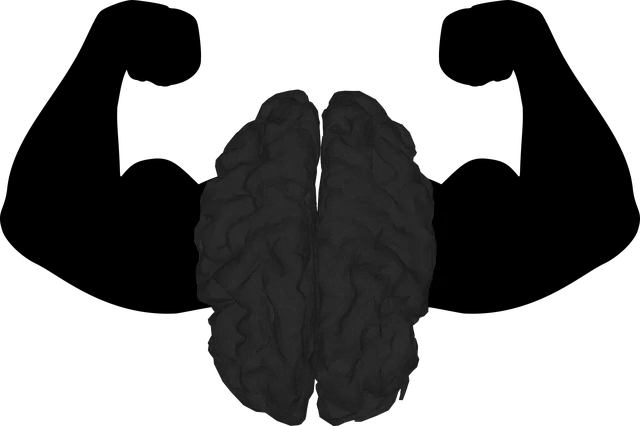The Wheat Ridge Kaiser Permanente Mental Health Appointment Center offers comprehensive care for substance abuse, focusing on holistic healing and tailored therapy. They promote recovery through proactive methods like Mental Wellness Journaling, Exercise Guidance, and Communication Strategies, empowering individuals with self-care routines, stress management, and resilience against triggers. Building a supportive network, including Mindfulness Meditation and Burnout Prevention, is emphasized for long-term recovery, addressing individual needs within a broader social context.
Substance abuse poses significant risks to individuals and communities. Understanding these dangers is the first step towards recovery. This article explores comprehensive risk reduction strategies, focusing on evidence-based approaches for managing substance abuse effectively. We highlight the pivotal role of resources like the Wheat Ridge Kaiser Permanente Mental Health Appointment Center in providing crucial support. Additionally, we delve into building supportive networks essential for long-term recovery, offering a holistic path to overcoming substance abuse.
- Understanding Substance Abuse and Its Risks
- Wheat Ridge Kaiser Permanente Mental Health Appointment Center: A Resource for Support
- Strategies for Effective Risk Reduction
- Building a Supportive Network for Long-Term Recovery
Understanding Substance Abuse and Its Risks

Substance abuse is a complex issue that involves the harmful use of drugs or alcohol, leading to significant physical and psychological risks. It’s a growing concern in many communities, including Wheat Ridge, where organizations like Kaiser Permanente play a vital role in mental health support through their dedicated appointment centers. Understanding the nature of substance abuse is crucial for implementing effective risk reduction strategies.
This often involves recognizing the signs and symptoms associated with addiction, which can range from physical dependence to behavioral changes. Mental health professionals use tools such as crisis intervention guidance and risk assessment protocols to help individuals in need. Additionally, encouraging mental wellness through journaling exercises can be a proactive measure to promote overall well-being and potentially reduce substance abuse risks.
Wheat Ridge Kaiser Permanente Mental Health Appointment Center: A Resource for Support

The Wheat Ridge Kaiser Permanente Mental Health Appointment Center stands as a beacon of support for individuals seeking to address and overcome substance abuse issues. This specialized center offers a comprehensive range of services designed to mitigate risks associated with substance misuse, focusing on holistic healing and long-term recovery. Through individual therapy sessions, clients gain insights into their behaviors and develop coping strategies tailored to their unique needs. The center’s expertise lies in providing personalized treatment plans that integrate evidence-based practices alongside traditional therapeutic approaches.
One of the key aspects of their program is the emphasis on self-care routine development for better mental health. By teaching effective stress management techniques, social skills training, and promoting a healthy lifestyle, the center equips individuals with essential tools to maintain stability even after formal treatment concludes. This well-rounded approach ensures that clients are equipped to navigate challenges, make positive choices, and build a foundation for a substance-free life.
Strategies for Effective Risk Reduction

Effective risk reduction for substance abuse involves a multi-faceted approach tailored to individual needs. At Wheat Ridge Kaiser Permanente mental health appointment center, they emphasize the power of Mental Wellness Journaling, Exercise Guidance, and Communication Strategies as powerful tools in this process. Regular journaling allows individuals to track their emotions, triggers, and progress, fostering self-awareness exercises that can prevent relapses.
Guided exercise, both physical and mental, provides an outlet for stress relief and promotes positive coping mechanisms. Open communication with support systems, whether through therapy sessions or shared platforms like a Mental Wellness Journal, enables individuals to receive guidance and build resilience against triggers. These strategies collectively empower individuals on their path to recovery and improved overall wellness at centers like Wheat Ridge Kaiser Permanente.
Building a Supportive Network for Long-Term Recovery

Building a supportive network is an integral part of long-term recovery from substance abuse. This involves surrounding oneself with individuals who promote positive behaviors and provide encouragement throughout the healing process. At Wheat Ridge Kaiser Permanente mental health appointment center, professionals emphasize the importance of creating such networks to enhance patient outcomes. By fostering strong connections with family, friends, or support groups, individuals in recovery can find accountability, emotional support, and a sense of belonging, which are crucial for maintaining abstinence.
Risk Management Planning for Mental Health Professionals plays a significant role here. Mindfulness Meditation and Burnout Prevention Strategies for Healthcare Providers are valuable tools to ensure professionals themselves have robust support systems. When mental health practitioners prioritize their well-being, they can better assist clients in building their networks, creating a holistic approach to recovery that addresses both the individual’s needs and their broader social context.
Substance abuse poses significant risks, but with the right strategies and support, individuals can achieve long-term recovery. Understanding the dangers is the first step, followed by leveraging resources like the Wheat Ridge Kaiser Permanente Mental Health Appointment Center for professional help. Implementing effective risk reduction techniques, such as therapy, education, and building a supportive network, significantly enhances the chances of successful recovery. Remember, with dedication and the right tools, overcoming substance abuse is achievable, leading to a healthier and happier life.






